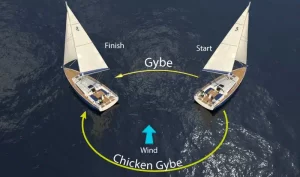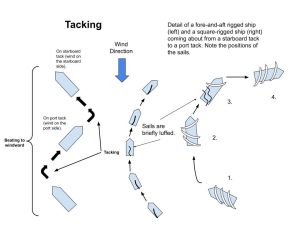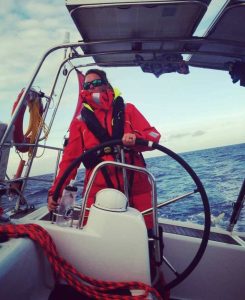Welcome to an insightful look at Jonathan McKee’s Six Golden Rules of Sailing Regatta. McKee, a seasoned sailor, shares his valuable tips for achieving success at regattas. His rules cover important aspects such as understanding the venue, utilizing runs to your advantage, the significance of good starts, rigorous preparation, mental readiness, and continuous improvement. By following these rules, McKee and his partner were able to excel at the Tasar World Championship. So, if you’re looking to up your sailing game, McKee’s rules are definitely worth a try! Have you ever wondered what it takes to succeed in a sailing regatta? Well, wonder no more! In this article, we will dive into McKee’s Six Golden Rules of Sailing Regatta, as shared by author Jonathan McKee. These rules are not only applicable to competitive sailing but can also be beneficial for recreational sailors looking to improve their skills on the water. So, grab your sailing hat and let’s set sail on this informative journey together.
Rule 1: Understand the Venue and Sail Accordingly
When it comes to sailing in a regatta, understanding the venue is key to success. Knowing the wind patterns, current, and other environmental factors can give you a significant advantage over your competitors. By adapting your sailing tactics to suit the specific conditions of the venue, you can maximize your performance and increase your chances of finishing on the podium. Remember, knowledge is power when it comes to sailing.
Sail Venue Overview Table
| Venue | Wind Pattern | Water Current | Hazards |
|---|---|---|---|
| Coastal | Onshore breeze | Strong currents | Rocks and sandbars |
| Inland Lake | Wind shifts | Variable current | Floating debris |
| Open Ocean | Steady wind | Strong currents | Swells and choppy seas |
Now that you have a better understanding of the venue, it’s time to adjust your sailing strategy accordingly.
Rule 2: Take Advantage of the Run to Make Gains
One of the most crucial aspects of sailing is taking advantage of the run. By optimizing your downwind sailing technique, you can make significant gains and propel yourself ahead of the competition. Whether it’s using spinnakers, surfing waves, or adjusting your course to catch the most favorable wind, mastering the run is essential for success in a regatta. So, don’t let the wind take you for a ride – take control and make those gains!
Downwind Sailing Tips
- Use a spinnaker to capture more wind and accelerate downwind
- Surf waves by adjusting your course to catch the swells at the right angle
- Keep an eye on wind shifts to maximize your speed and efficiency
With these tips in mind, you’ll be flying downwind and leaving your competitors in your wake.
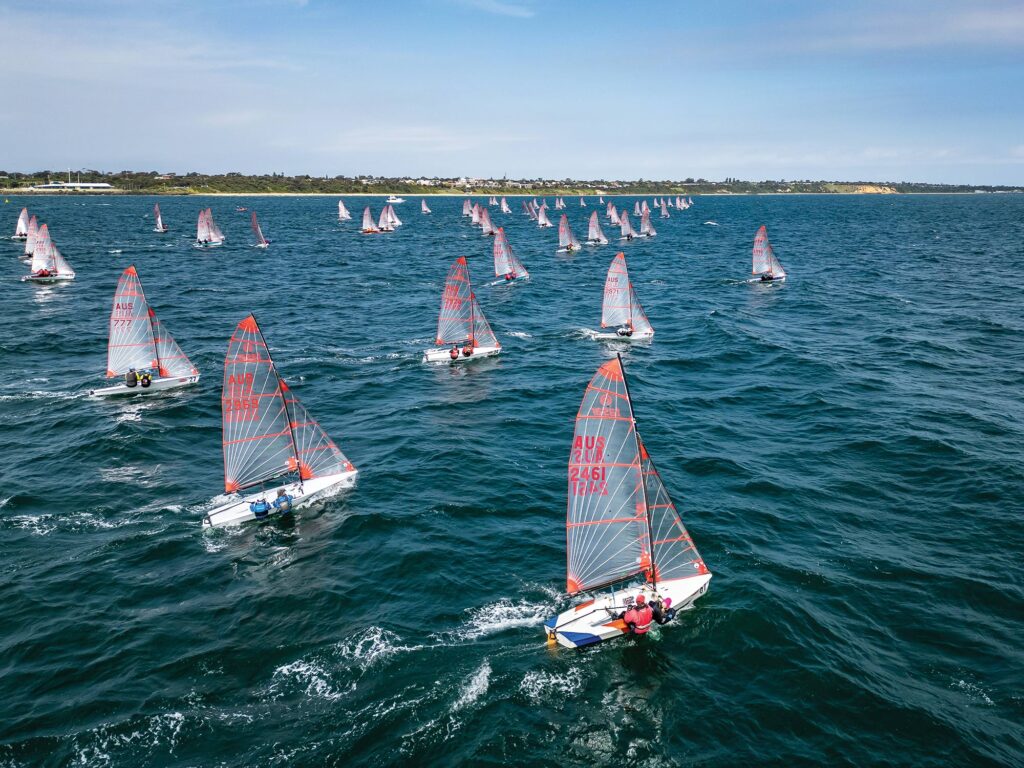
Rule 3: Good Starts Are Crucial for Success
If you want to come out on top in a sailing regatta, you need to nail the start. A good start can set the tone for the entire race and give you a significant advantage over the competition. By positioning yourself in the right spot, timing your acceleration perfectly, and avoiding collisions with other boats, you can ensure a smooth start and increase your chances of finishing strong. Remember, fortune favors the prepared sailor, so make sure you’re ready to jump out of the gate.
Start Line Positioning Tips
- Stay clear of the pack to avoid getting caught in traffic
- Use visual cues on the shore to gauge your position on the line
- Practice your timing and acceleration to hit the line at full speed
By following these tips, you’ll be on your way to a strong start and a successful regatta performance.
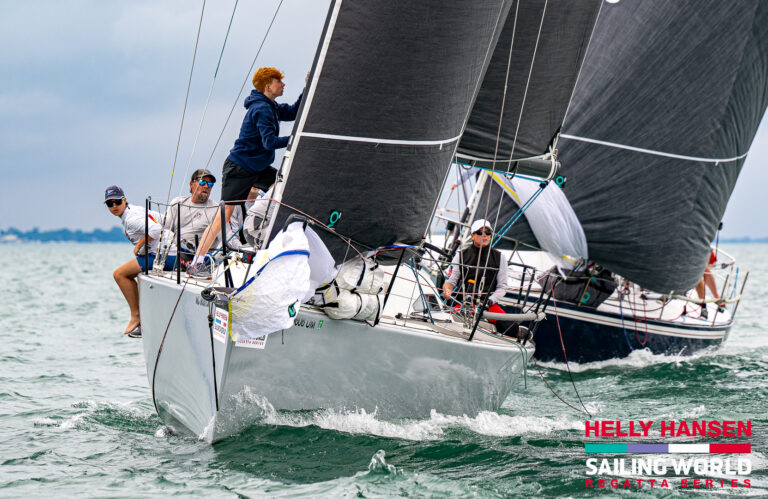
Rule 4: Prepare Rigorously Before the Start
Preparation is key when it comes to sailing regattas. From checking your equipment to studying the weather forecast, every detail matters when you’re out on the water. By conducting a thorough pre-race checklist, you can minimize the risk of mechanical failures, ensure you have the right gear for the conditions, and mentally prepare yourself for the challenges ahead. Remember, a well-prepared sailor is a successful sailor.
Pre-Race Checklist
- Inspect sails, rigging, and hull for any signs of wear or damage
- Check weather forecast for wind conditions, temperature, and possible storms
- Review race course and rules to familiarize yourself with the route
By following this checklist, you’ll be well-equipped and ready to tackle whatever the regatta throws your way.
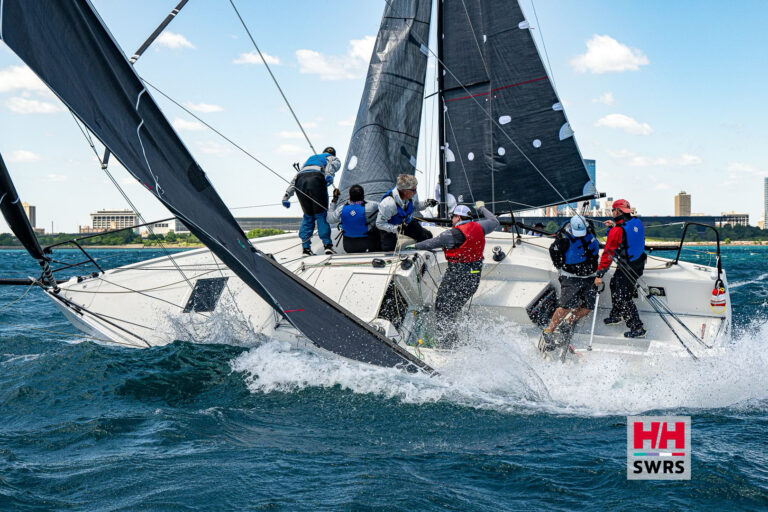
Rule 5: Be Mentally Prepared for Any Condition
Sailing can be unpredictable, with conditions changing at a moment’s notice. To succeed in a regatta, you need to be mentally prepared for any situation that may arise. Whether it’s a sudden shift in wind direction, rough seas, or intense competition, staying calm, focused, and adaptable is essential for navigating the challenges of the race. So, keep your mind sharp and your spirits high – the thrill of sailing is in the journey, not just the destination.
Mental Preparation Techniques
- Visualize different scenarios and practice your response to each one
- Stay positive and maintain a growth mindset, even in difficult circumstances
- Focus on your breathing and stay present in the moment to reduce anxiety
By incorporating these mental preparation techniques into your routine, you’ll be ready to tackle any challenge that comes your way in a regatta.
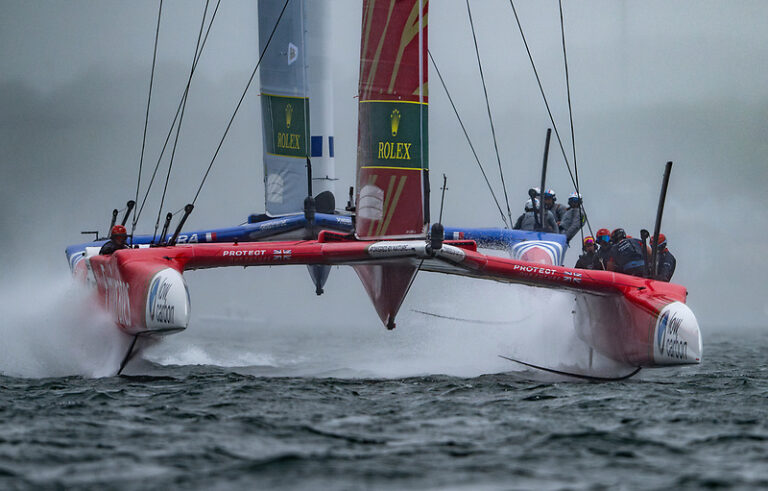
Rule 6: Continuously Strive to Get Faster
The pursuit of speed is a never-ending journey in sailing. To stay ahead of the pack, you need to continuously strive to improve your skills, techniques, and tactics. By analyzing your performance, seeking feedback from experienced sailors, and setting ambitious goals for yourself, you can push the boundaries of your abilities and achieve new levels of success on the water. Remember, the only limits in sailing are the ones you set for yourself – so why not aim for the stars?
Speed Improvement Strategies
- Record your races to review your performance and identify areas for improvement
- Practice drills to enhance your boat handling skills and speed up maneuvers
- Seek coaching from experienced sailors or join a sailing club to learn new techniques
By incorporating these speed improvement strategies into your training regime, you’ll be well on your way to becoming a faster, more competitive sailor.
In conclusion, sailing regattas are a thrilling and challenging experience that requires skill, strategy, and determination to succeed. By following McKee’s Six Golden Rules of Sailing Regatta, you can enhance your performance on the water, maximize your potential, and achieve your sailing goals. So, whether you’re a seasoned racer or a recreational sailor looking to improve, remember to sail smart, sail fast, and most importantly, sail with passion. Fair winds and following seas!

